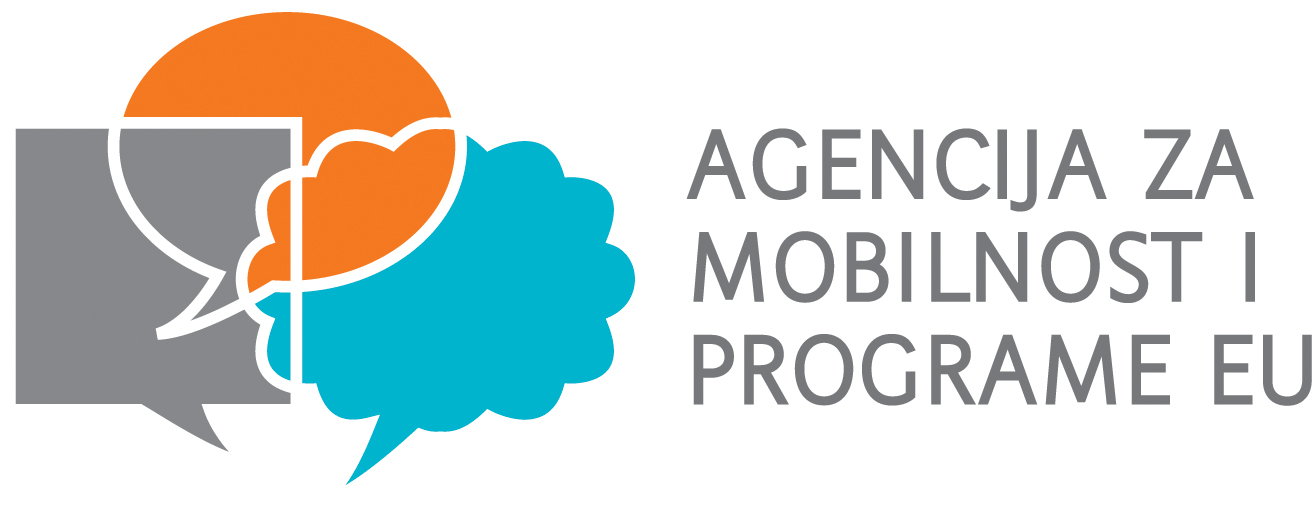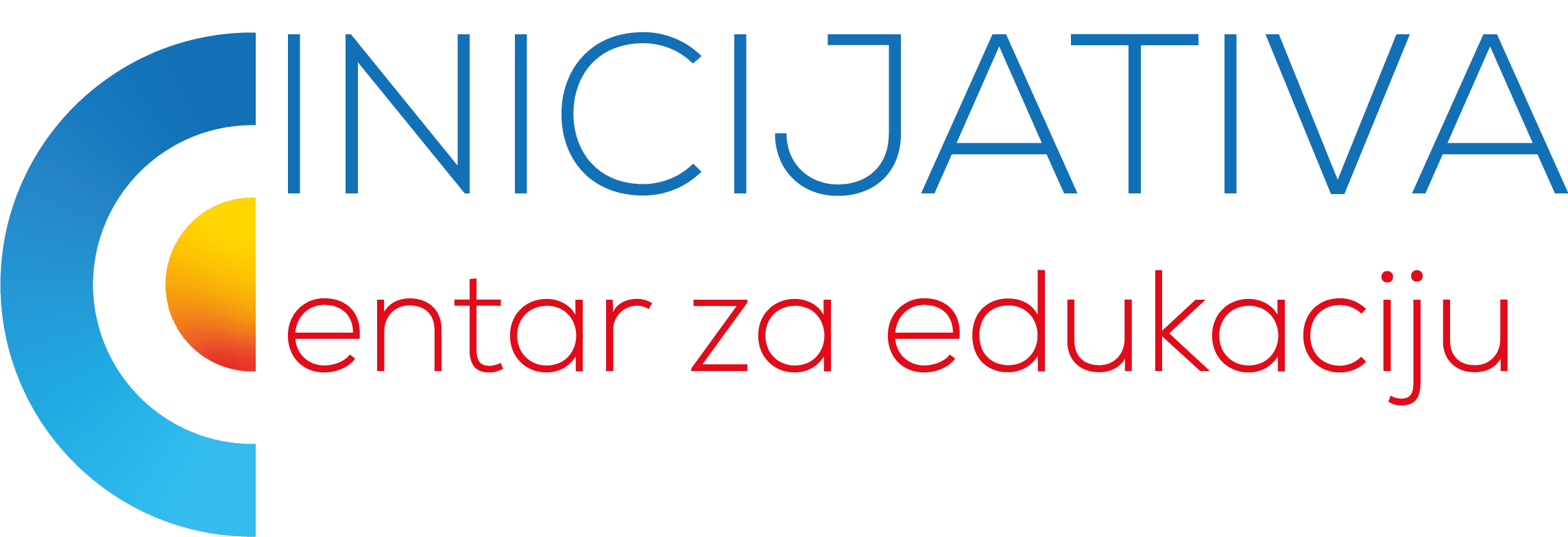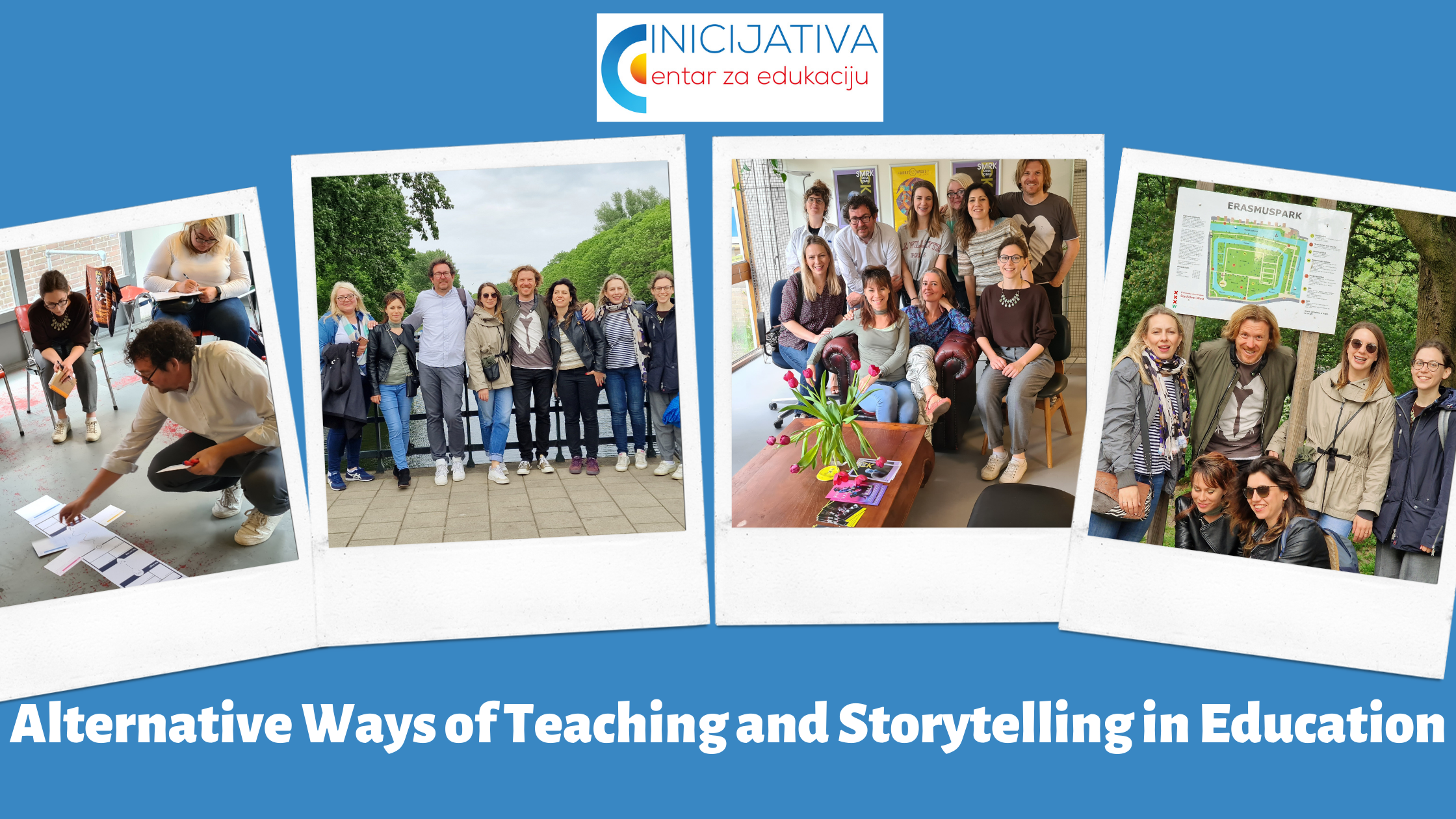Storytelling in Education
As part of the “Creativity for Innovation“ project, we visited the Storytelling Centre in Amsterdam together with our colleagues from the Europass Teacher Academy, who were also also partners in the project.
The aim of the project was to strengthen the organisations involved in adult education and alternative methods of teaching, storytelling and creative writing. The workshops were held by trainers from the Storytelling Centre in the Netherlands.
What is storytelling and how can this skill help us in teaching?
How to apply the ancient skill of storytelling as a means of teaching and progress was one of the questions our educators were posed during this workshop.
Telling stories is one of the oldest human characteristics. The Storytelling Centre says that applying this skill in education is the foundation of quality education. Sharing stories and creating stories together leads to stronger human connections, personal and professional growth, as well as successful learning and integration. We ourselves, as a team, witnessed growth and learning through applying storytelling techniques.
Our educator, Maria Grgić Skendrović, says:
“Thanks to the training I am able to delve deeper into our core materials and encourage our learners to give more complex ideas. One tool that I am going to incorporate is ‘the hero’s journey.’ With this tool, all educators can ask appropriate questions to encourage longer, more complex ideas in English.“
By applying various techniques, including the “Tree of Life“, we learnt how to do exercises in 5 phases, prompting storytelling on many levels:
1.Teambuilding
2. Creativity
3. Awareness
4. Telling stories
5. Evaluation
Our educator, Domagoj Biondić, says:
„The one thing I consider to be of most value to me is a simple fact that everything that was taught and given to us throughout the workshop was put into action and experienced immediately which added extra value to it and became a part of us. My personal favourite being, and mentioned earlier, Tree of Life"
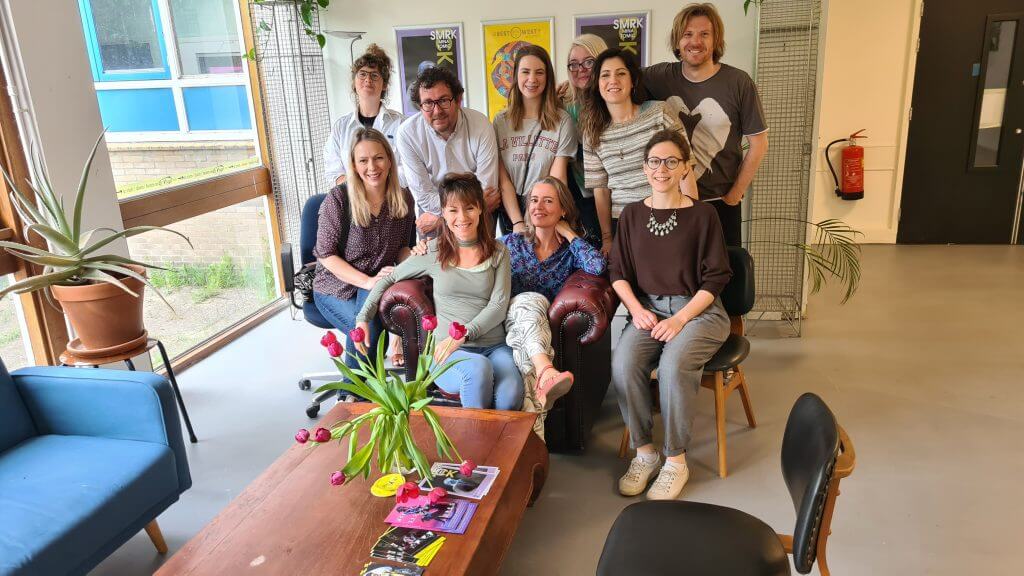
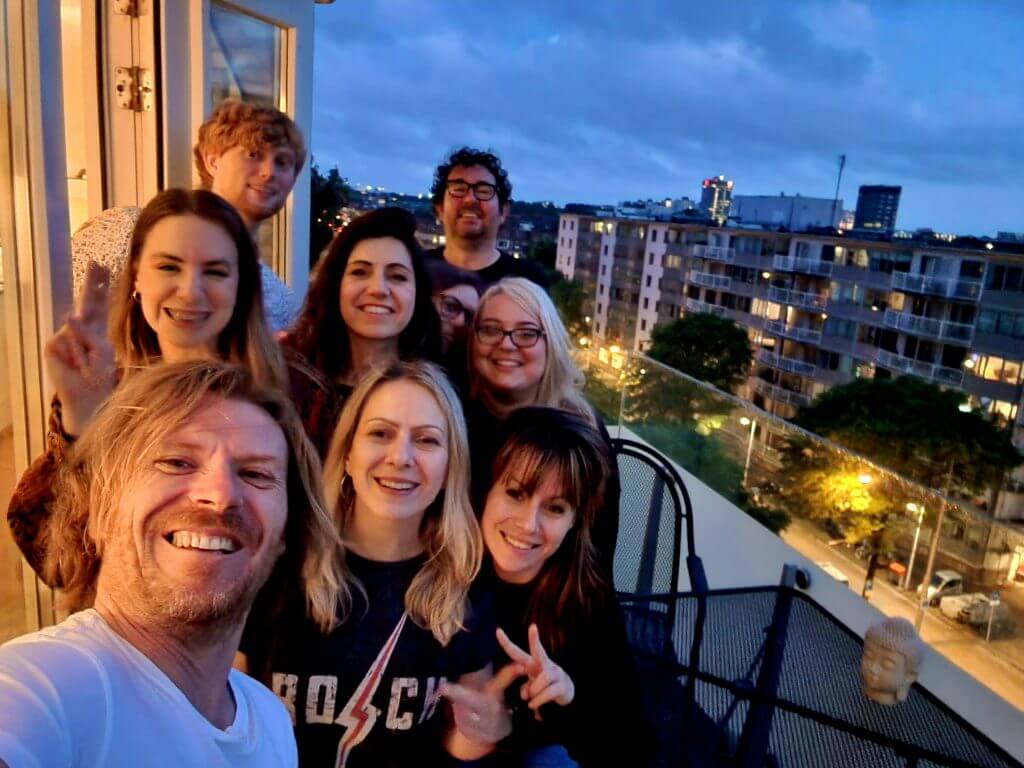
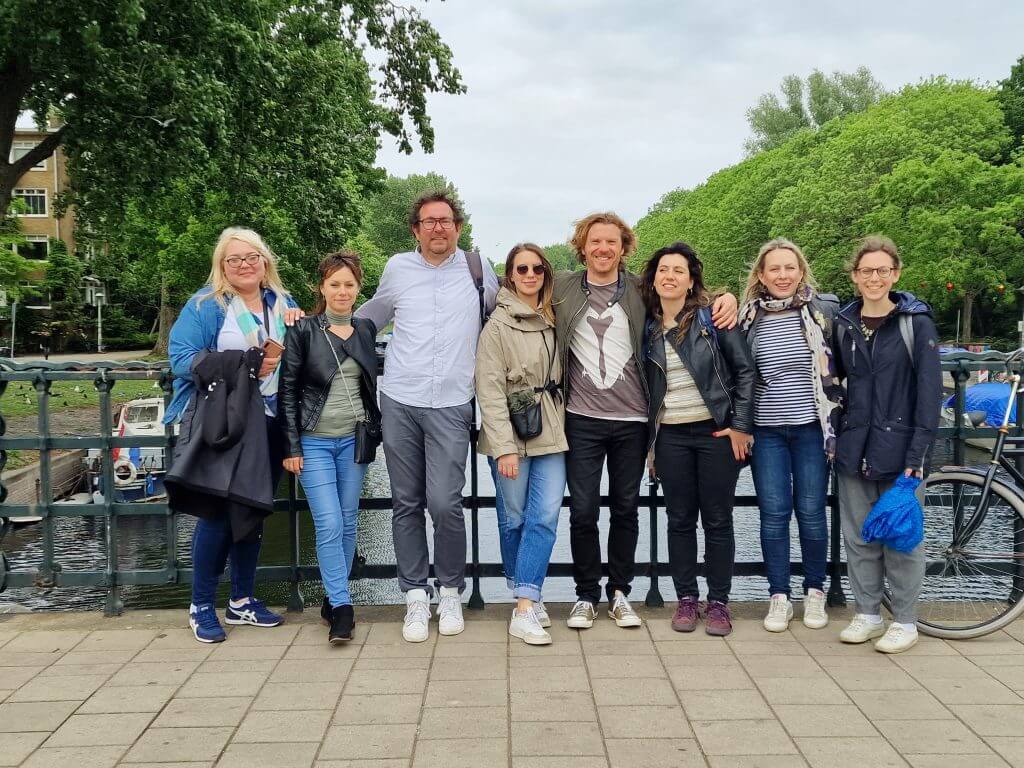
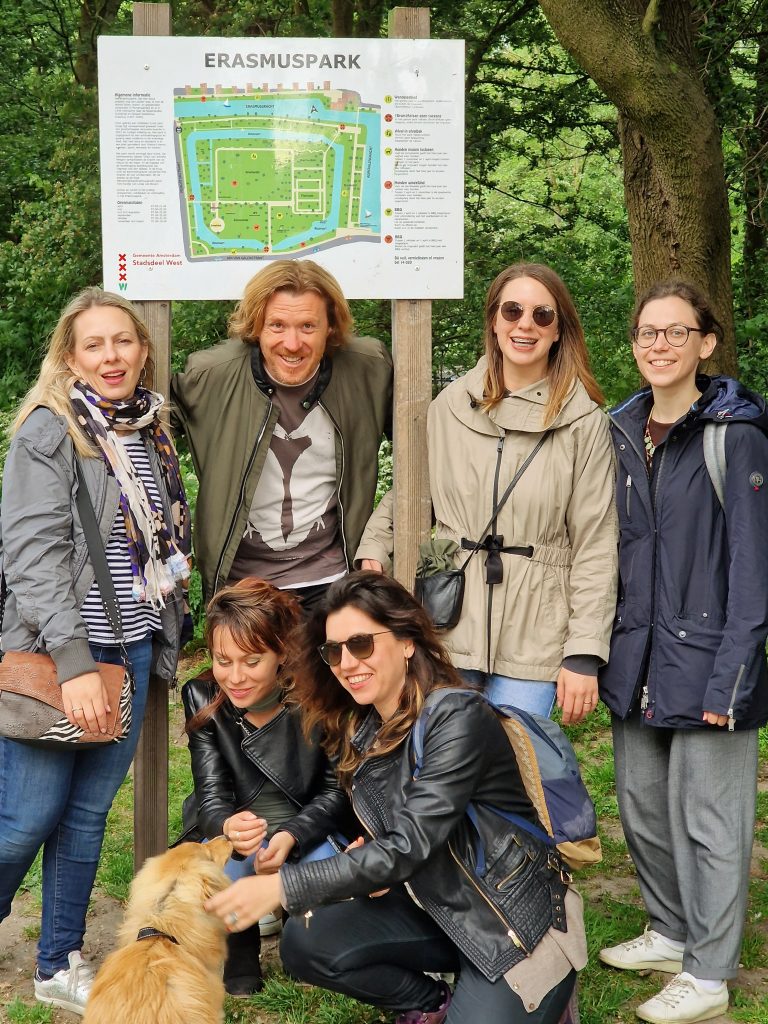
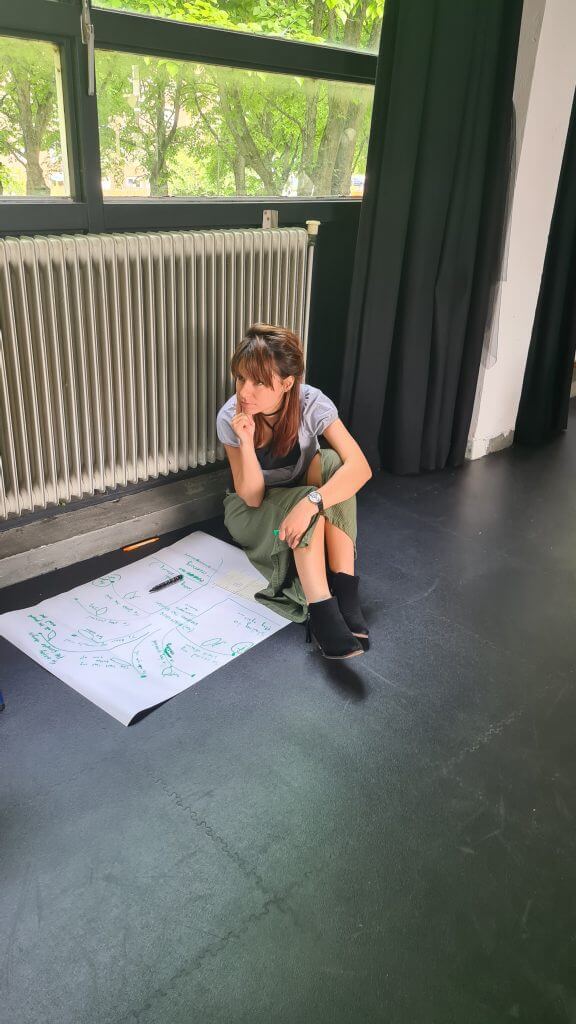
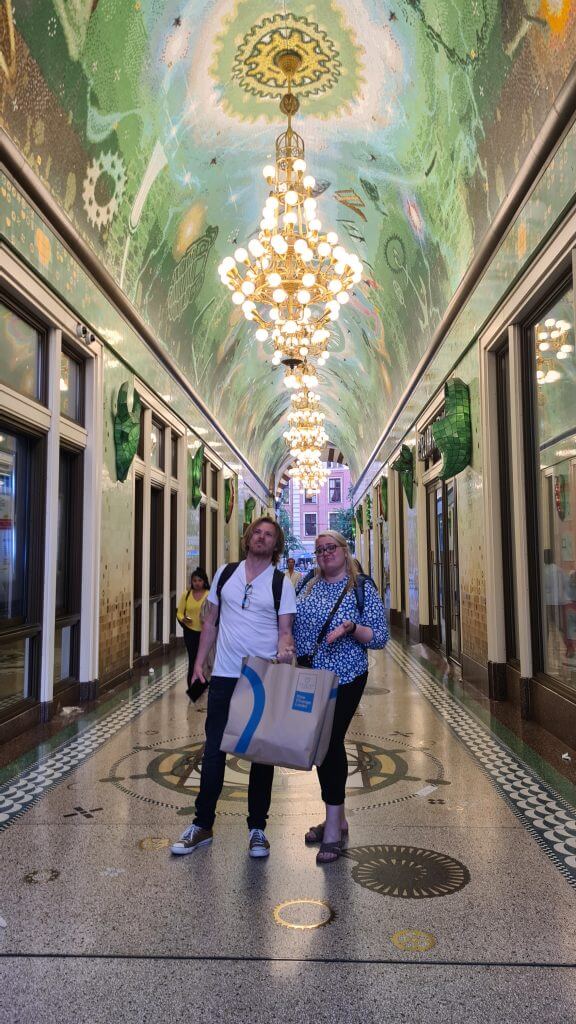
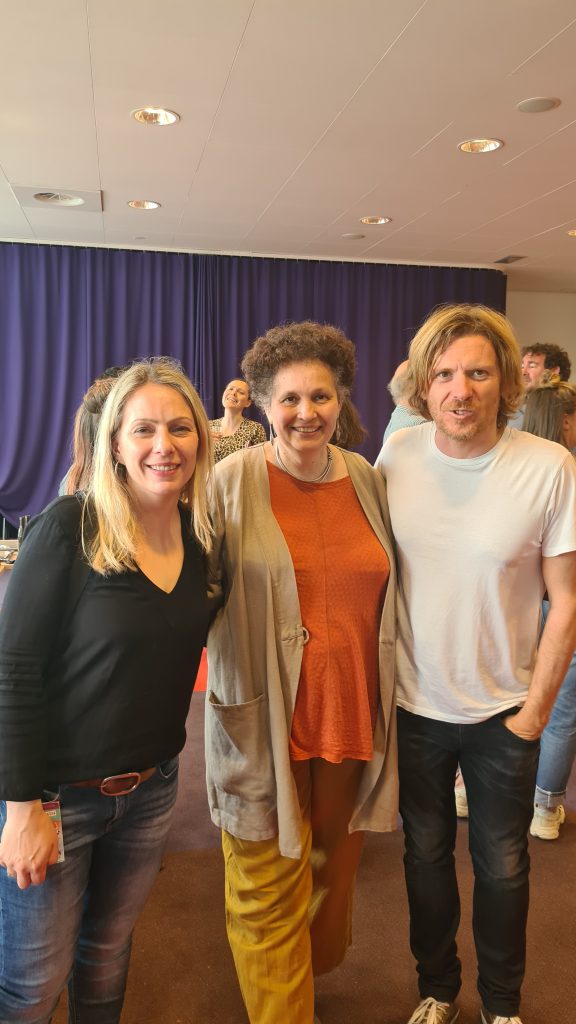
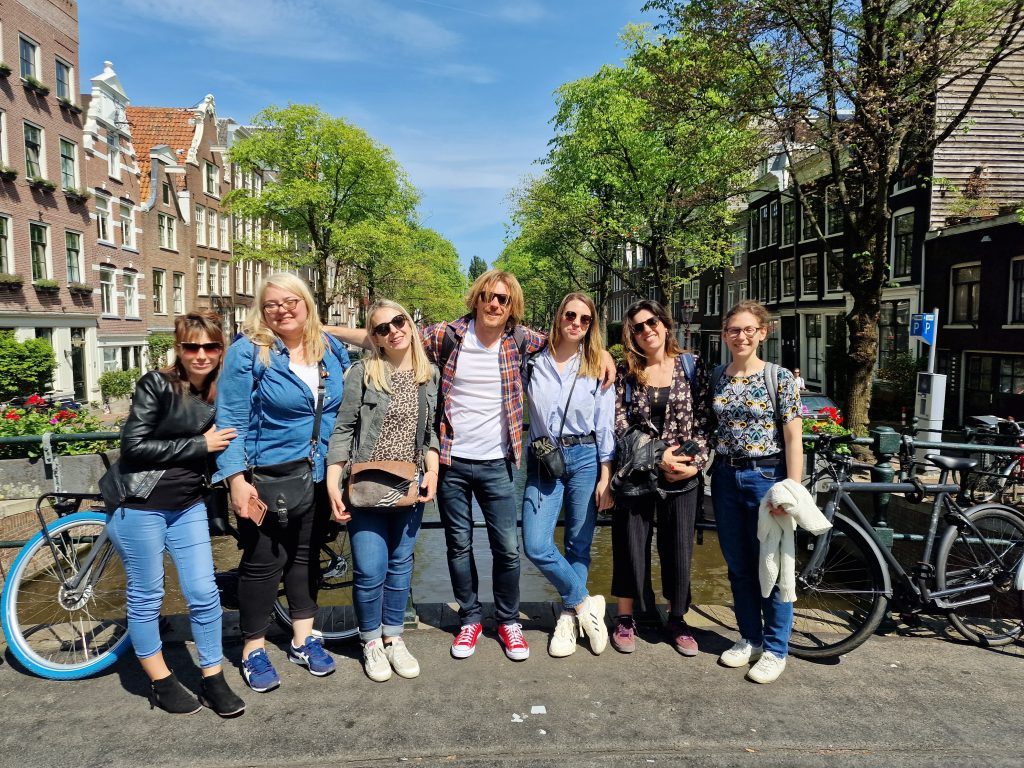
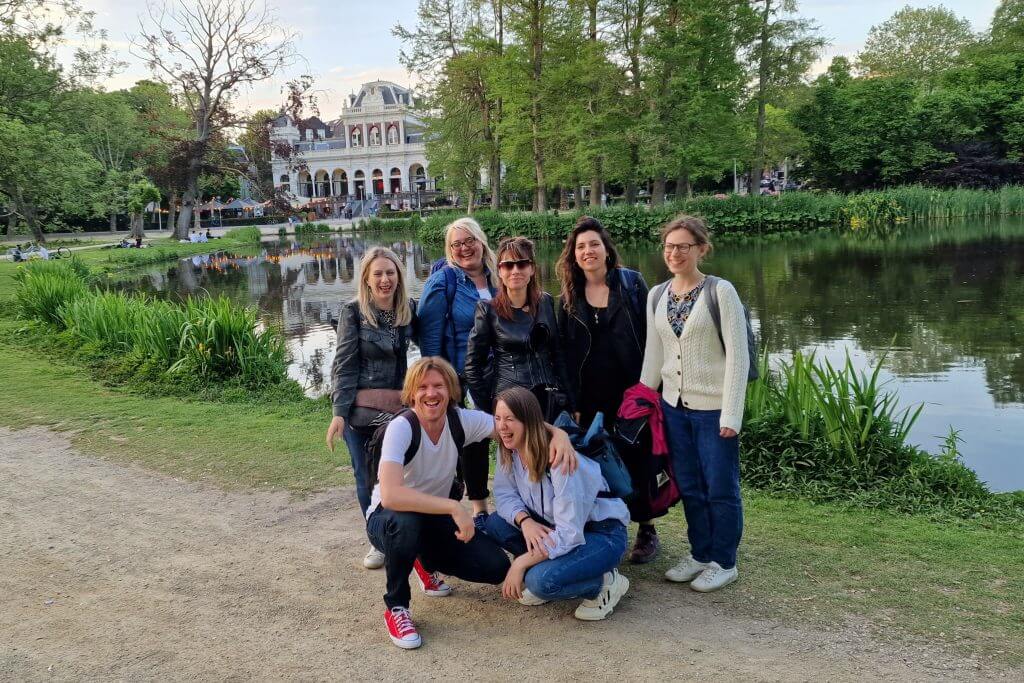
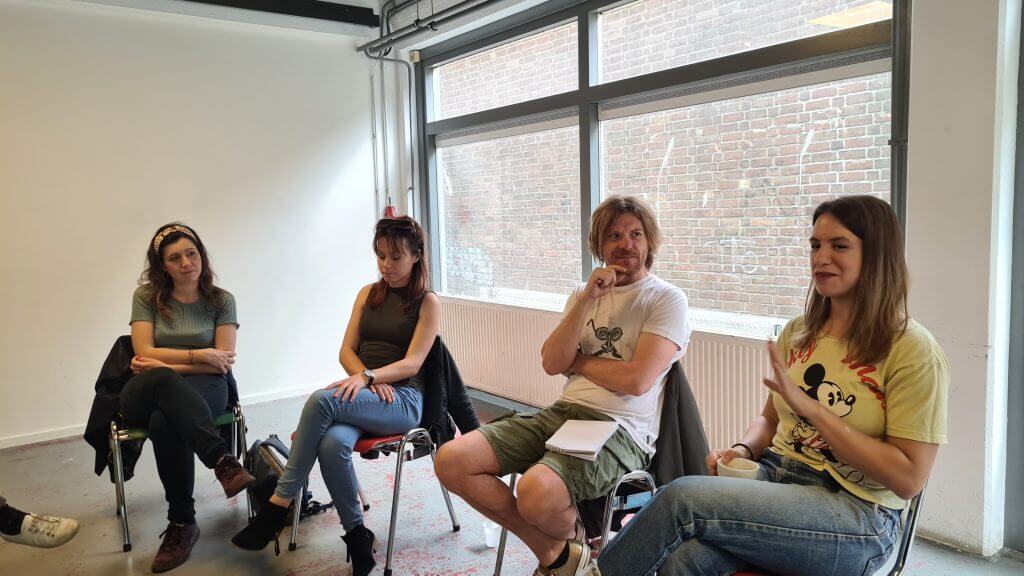
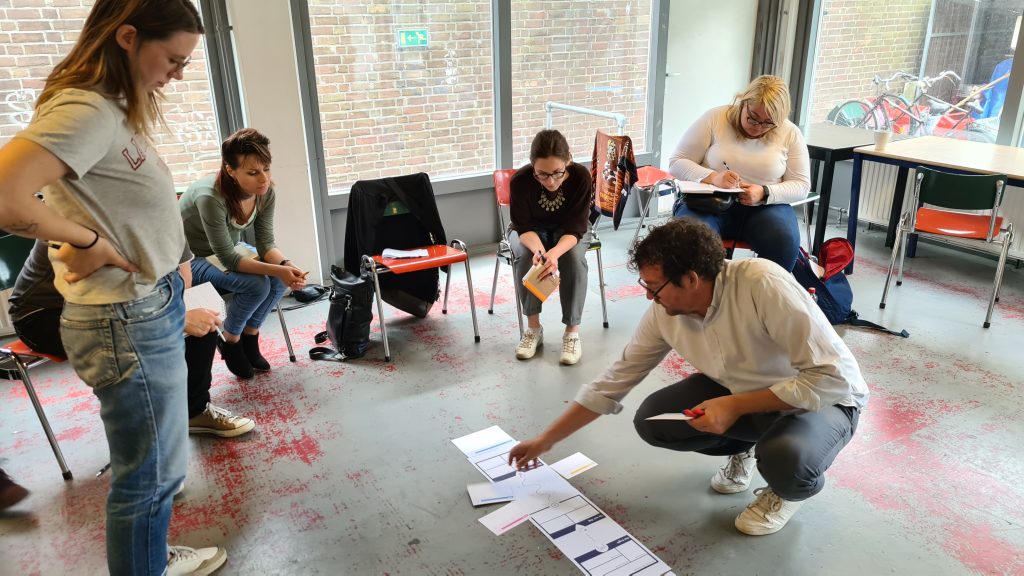
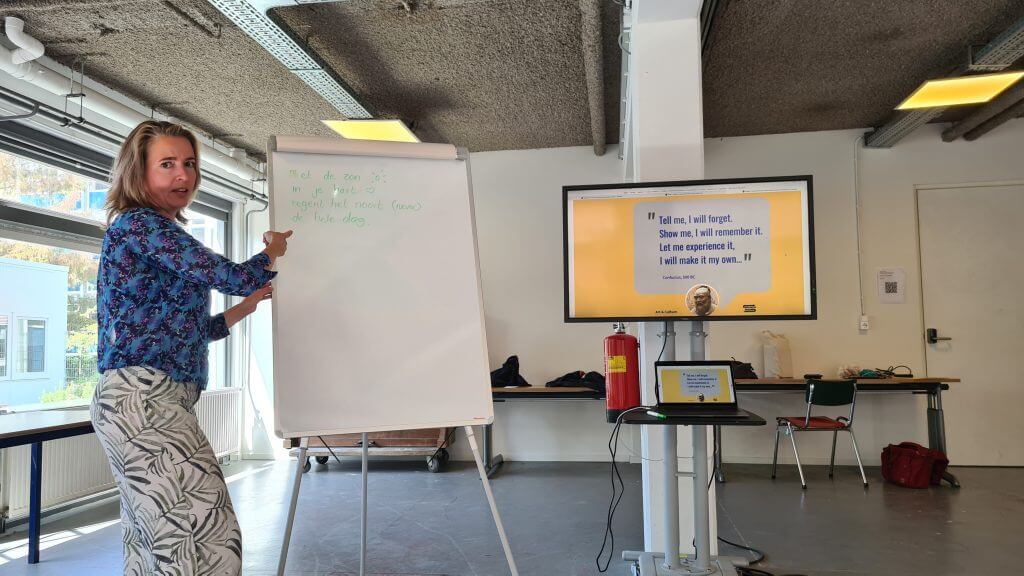
Alternative Ways of Teaching
New teaching trends are interesting to experience. The educators at the Storytelling Centre focus on just that – experience which then leads to connections, openness, creativity, and most importantly, learning and growth. Lifelong education is definitely trending, but the main question is – how can we encourage adults to learn again? Can we learn in a fun and relaxed way, or is learning essentially a strict form of transferring and absorbing knowledge. We all know that it isn't so, because the process of learning itself is stressful, especially for e.g. marginalised groups, refugees, asylum seekers. People who are exposed to existential crises have it harder when it comes to concentrating and learning. That is exactly why the Alternative Ways site was developed, as it helps educators find a “different“ way. Alternative methods of teaching aren't complicated. They actually seem quite simple, and we essentially just have to remind ourselves of them. It brings back learning in a fun, relaxed and creative way. It provides us with experiential learning and relaxes us by teaching us through games. And when something is as easy as a game, then it really isn't that hard. This situational learning offers great opportunities for connecting and broadening minds, and most importantly, integration into society.
Our educator, Ivana Pezo, says:
„l have definitely learned how to be a better teamplayer, as a lot of playful games were introduced to us at the very beginning to make us feel comfortable with one another and not afraid of making mistakes, which I consider to be integral for every learning proccess. I instantly saw that as something I can apply in my teaching, relaxing students by connecting them. „
The whole process of learning through storytelling and using alternative methods of teaching is something that looks so simple, natural and easily applicable. The most interesting challenge was definitely the “Lego Game“, where you can actually see how challenging communication is. The whole process of sending and receiving a message is ambiguous. This is why these kinds of courses are perfect for developing awareness and the skill of telling stories, i.e.: communication and sending messages, which in our case is knowledge. All these newly-learnt skills definitely help with connecting and integrating students through language, and we have more success with the learning process, a.k.a. learning with pleasure!
Željka Novaković
✔ This project was co-funded by the Erasmus+ programme.
Erasmus+ enriching lives, broadening minds.
🇪🇺@Agencija za mobilnost

